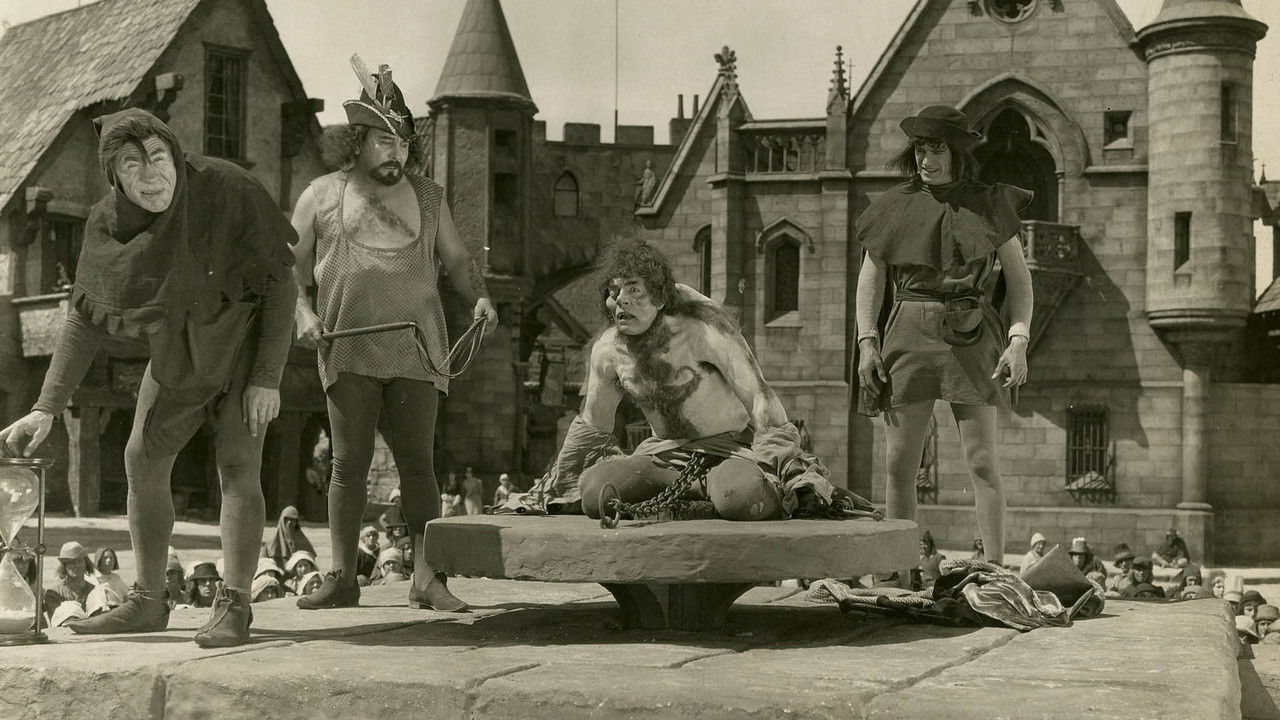
The Hunchback of Notre Dame (1923)
In 15th century France, a gypsy girl is framed for murder by the infatuated Chief Justice, and only the deformed bellringer of Notre Dame Cathedral can save her.

In 15th century France, a gypsy girl is framed for murder by the infatuated Chief Justice, and only the deformed bellringer of Notre Dame Cathedral can save her.
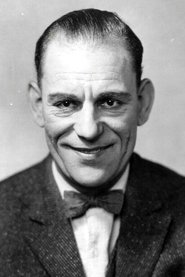 Lon ChaneyQuasimodo
Lon ChaneyQuasimodo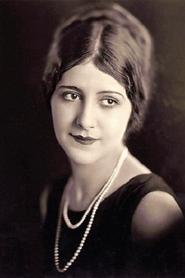 Patsy Ruth MillerEsmeralda
Patsy Ruth MillerEsmeralda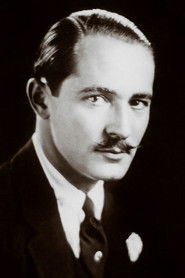 Norman KerryPhoebus de Chateaupers
Norman KerryPhoebus de Chateaupers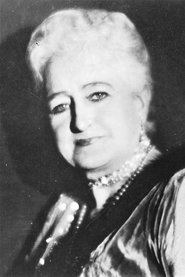 Kate LesterMadame de Condelaurier
Kate LesterMadame de Condelaurier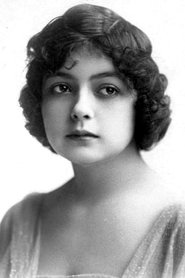 Winifred BrysonFleur de Lys
Winifred BrysonFleur de Lys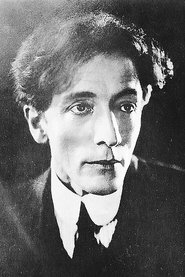 Nigel De BrulierDon Claudio
Nigel De BrulierDon Claudio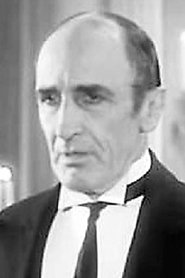 Brandon HurstJehan
Brandon HurstJehan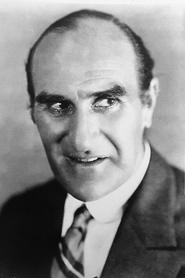 Ernest TorrenceClopin
Ernest TorrenceClopin Tully MarshallEl Rey Luis XI
Tully MarshallEl Rey Luis XI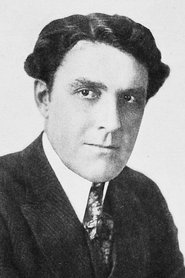 Harry von MeterMons. Neufchatel
Harry von MeterMons. Neufchatel
Robin Hood is a 1912 film made by Eclair Studios when it and many other early film studios in America's first motion picture industry were based in Fort Lee, New Jersey at the beginning of the 20th century. The movie's costumes feature enormous versions of the familiar hats of Robin and his merry men, and uses the unusual effect of momentarily superimposing images different animals over each character to emphasize their good or evil qualities. The film was directed by Étienne Arnaud and Herbert Blaché, and written by Eustace Hale Ball. A restored copy of the 30-minute film exists and was exhibited in 2006 at the Museum of Modern Art in New York City.

After a catastrophic global war, a young filmmaker awakens in the carnage and seeks refuge in the only other survivor: an eccentric, ideologically opposed figure of the United States military. Together, they brave the toxic landscape in search of safety... and answers.
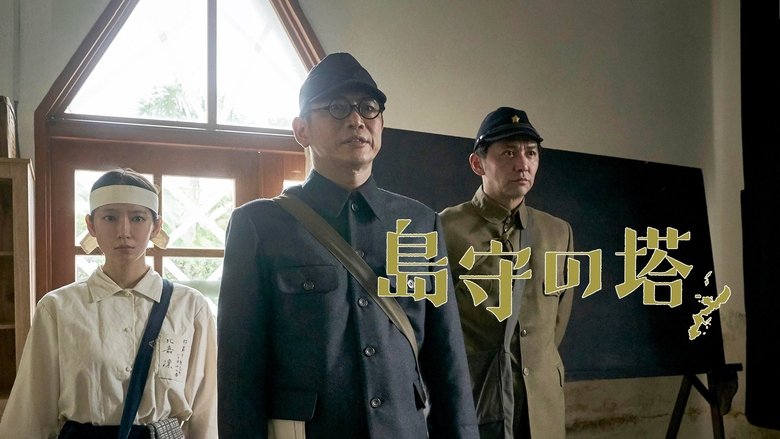
Together with Shimada Akira (Hagiwara Masato), the last appointed governor of Okinawa during the war, Arai Taizo (Murakami Jun), the chief of police of Okinawa Prefecture, goes beyond his duties and strives to protect the lives of the citizens of the prefecture. As the ravages of war intensify, the two, who each carried a heavy cross during the Battle of Okinawa, desperately devote themselves to saving the lives of the Okinawan people, with the belief that "life is precious." A human drama, set in Okinawa at the end of World War II, depicting the preciousness of human life. Directed by Igarashi Sho of One Step on a Mine, It's All Over.

In this prequel to the animated series The King's Avatar, Ye Xiu enters into the pro gaming world of Glory, and competes in the first Pro League series tournament.
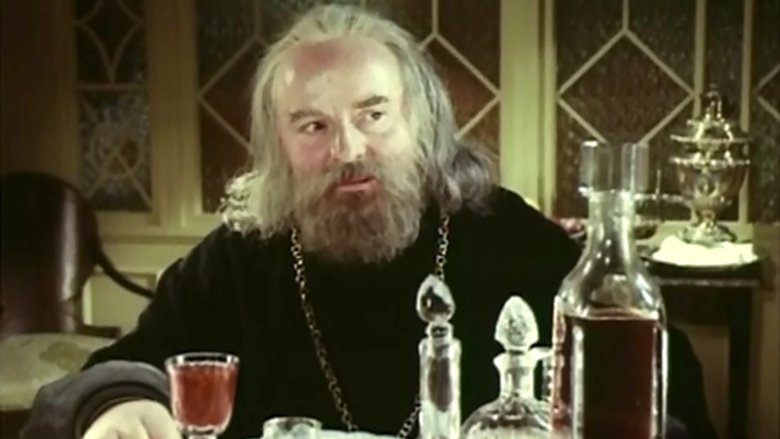
A film adaptation of the novel of the same name by Leo Tolstoy. The main character of the film is Prince Stepan Kasatsky, an officer, an ardent, proud young man — a big fan of the tsar. Kasatsky is going to marry, but at the last moment he learns from the bride that she was the mistress of the emperor. The prince is deeply disappointed in social life, he takes a monastic vow and leaves the capital. Faith in God was to save the soul, but passions and worldly temptations don't leave Kasatsky.
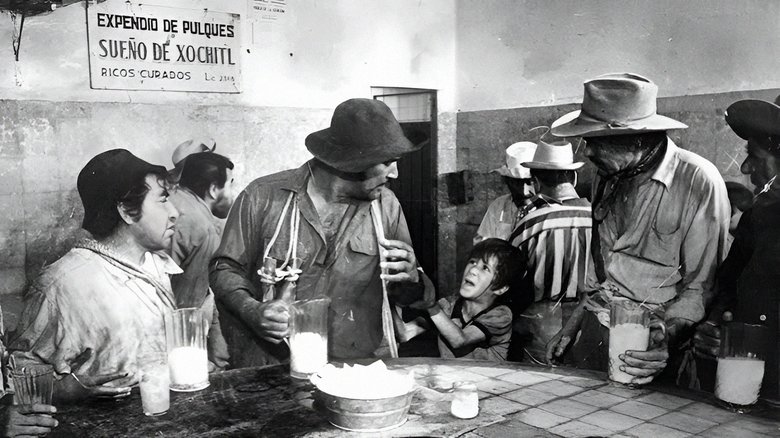
When a worker is found murdered on the construction side, the investigation swiftly turns from things criminal to the political circumstances surrounding the building itself. Widespread corruption and neglect by the builder himself are seen to have brought the situation about. Much of the movie is filmed using hand-held cameras, and the majority of the dialogue is in the difficult-to-understand and very slangy Spanish dialect of Mexico City's bricklayers.
Life in communist Czechoslovakia in the early 1950s and the punishments for going against the state.
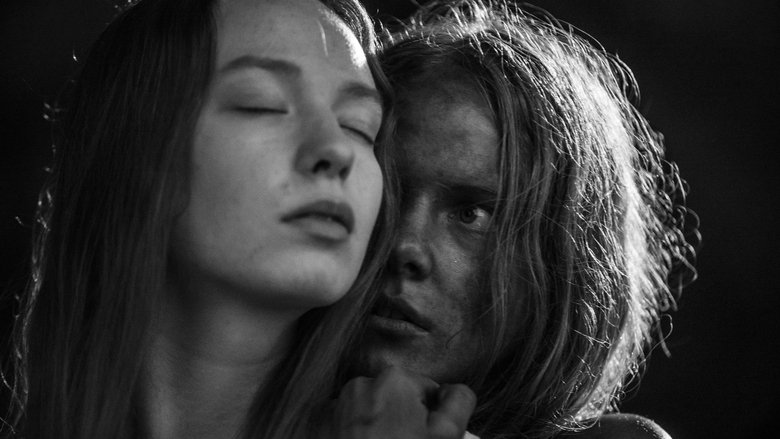
In a poor Estonian village, a group of peasants use magic and folk remedies to survive the winter, and a young woman tries to get a young man to love her.

Energy-conservative high school student Houtarou Oreki ends up with more than he bargained for when he signs up for the Classics Club at his sister's behest—especially when he realizes how deep-rooted the club's history really is. Begrudgingly, Oreki is dragged into an investigation concerning the 45-year-old mystery that surrounds the club room. Accompanied by his fellow club members, the knowledgeable Satoshi Fukube, the stern but benign Mayaka Ibara, and the ever-curious Eru Chitanda, Oreki must combat deadlines and lack of information with resourcefulness and hidden talent, in order to not only find the truth buried beneath the dust of works created years before them, but of other small side cases as well.
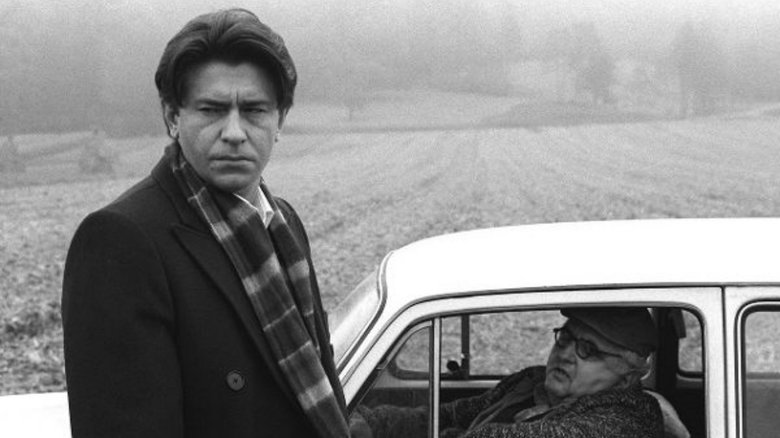
A doctor, who commits malpractice in a major urban hospital, retreats to a remote house in the countryside. Although he is acquitted, his conscience is not so easily appeased. When a murder occurs and the southern Styria village searches for the culprit, he has to take a stand.
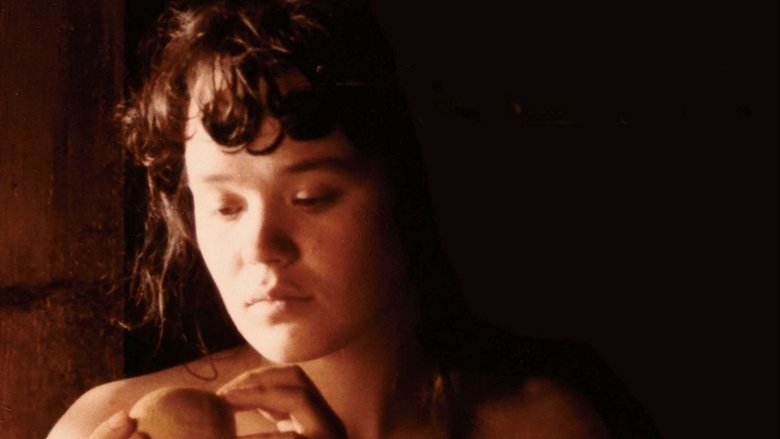
Based on a novel by the late Finnish writer Timo Mukka, this simple story focuses on what happens when Milka (Irma Huntus), a girl barely out of childhood, gets pregnant by Ojanen (Matti Turunen) a rustic fieldhand. Her own mother had been hoping to marry Ojanen, and her daughter's pregnancy turns their lives around. Set in the Lapp country of northern Finland, the scenery is breathtaking, made even more so by the isolation of the region. A sense of natural solitude is underscored by a slow-moving dialogue interspersed with long silences, and the connection between nature and the dialogue is underscored as the young Milka recites poetry while out in the countryside. The fate of Milka and her mother, however, is connected to the decision that Ojanen makes at the end.
Germany at the time of the economic miracle: the boorish and equally rude Jupp Grapsch has made a small fortune through his bustling activities. His wife Lisbeth, on the other hand, does not feel comfortable with this, but silently accepts the circumstances. Even when Jupp gets involved with the somewhat disreputable Nina Sonntag, an extravagant young woman, she accepts this at first. At some point, however, the situation escalates and Lisbeth slips a slap in the face, which Jupp cleverly wants to use to finally get rid of his wife by divorcing her. But Lisbeth refuses and so Jupp hires an unscrupulous man to create a reason for the separation in exchange for money...
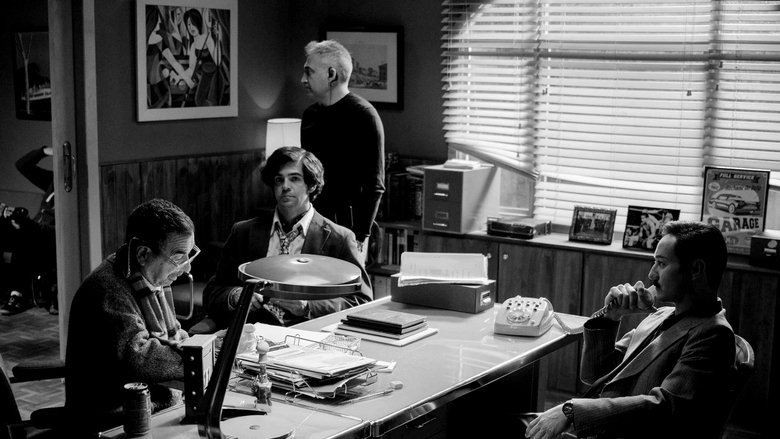
Madrid, Spain, 1975; shortly after the end of the Franco dictatorship. Six months after the mysterious death of his lover, a prestigious tailor, a married woman visits the office of the young Germán Areta, a former police officer turned private detective, to request his professional services.
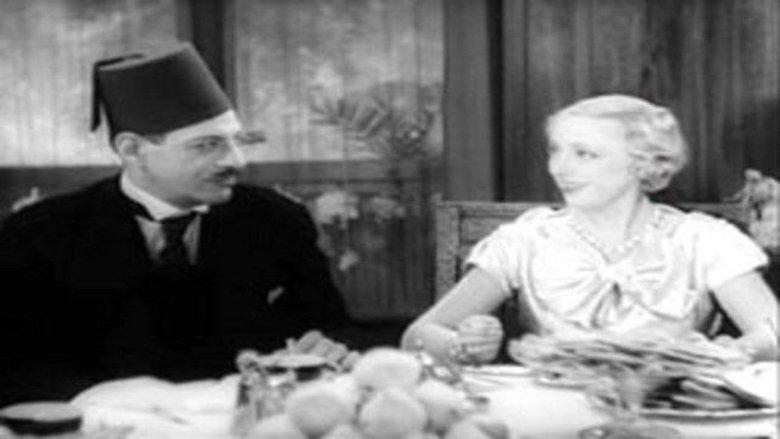
An Egyptian version of Topaze, adapted from the famous Pagnol play.
The story revolves around the Dinky Doos, a provincial musical troupe living from hand to mouth.
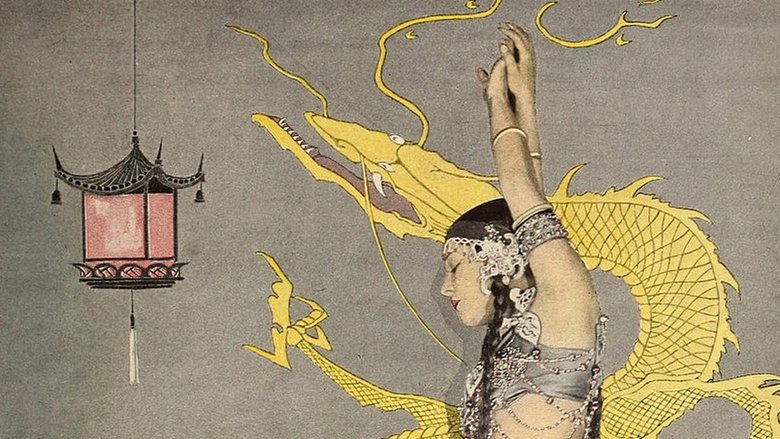
Mahlee and Blanche Sackville are half-sisters, Blanche the daughter of an Englishman and his wife, Mahlee of the Englishman and his Chinese mistress. Mahlee rejects her people and attempts to find a life for herself among the Europeans. But she finds the color line impossible to pass and returns to lead her Chinese people in rebellion.
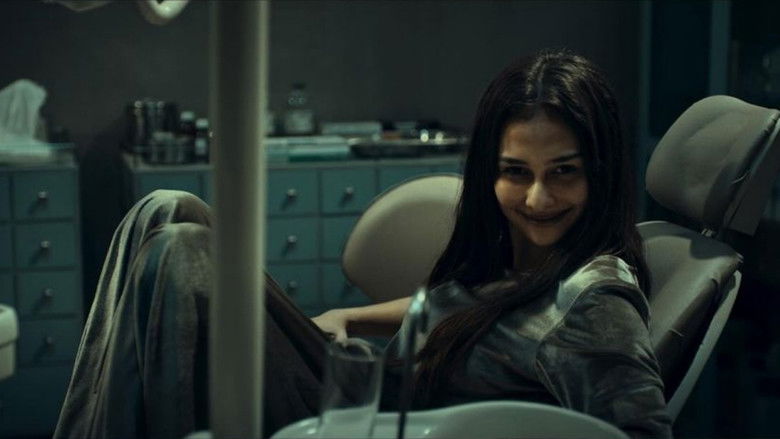
Arum and Pica, who wanted to complete their internship at Lembayung hospital, had to face mysterious terror from a woman satan who was suspected of hanged herself in the bathroom. The situation became even more tense after they asked others for help to the point where they threatened their own lives and those closest to them.
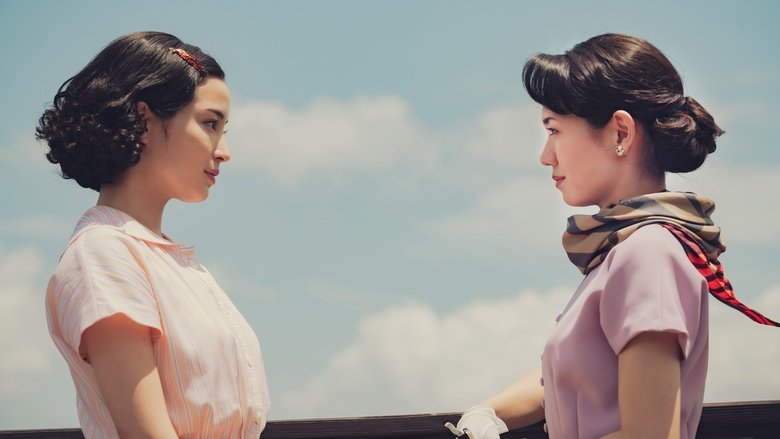
Dual timelines explore a Japanese widow's memories spanning post-war Nagasaki in 1950s and England during 1980s Cold War era, unraveling secrets that intertwine her past and present experiences across borders.